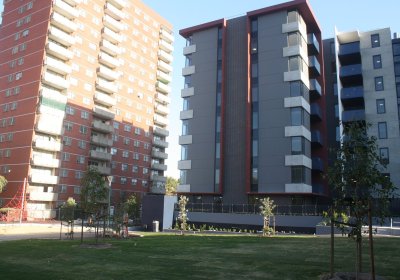Zimbabwe is facing elections next year, with the ruling Zimbabwe African National Union - Popular Front (ZANU-PF) government likely to be returned despite its huge unpopularity.
The 93-year-old Robert Mugabe, Zimbabwe’s first and only president, plans to seek re-election for another five years. But there is a bitter scramble within his party to find his successor. The scramble is purely for power — policy is irrelevant to the struggle.











